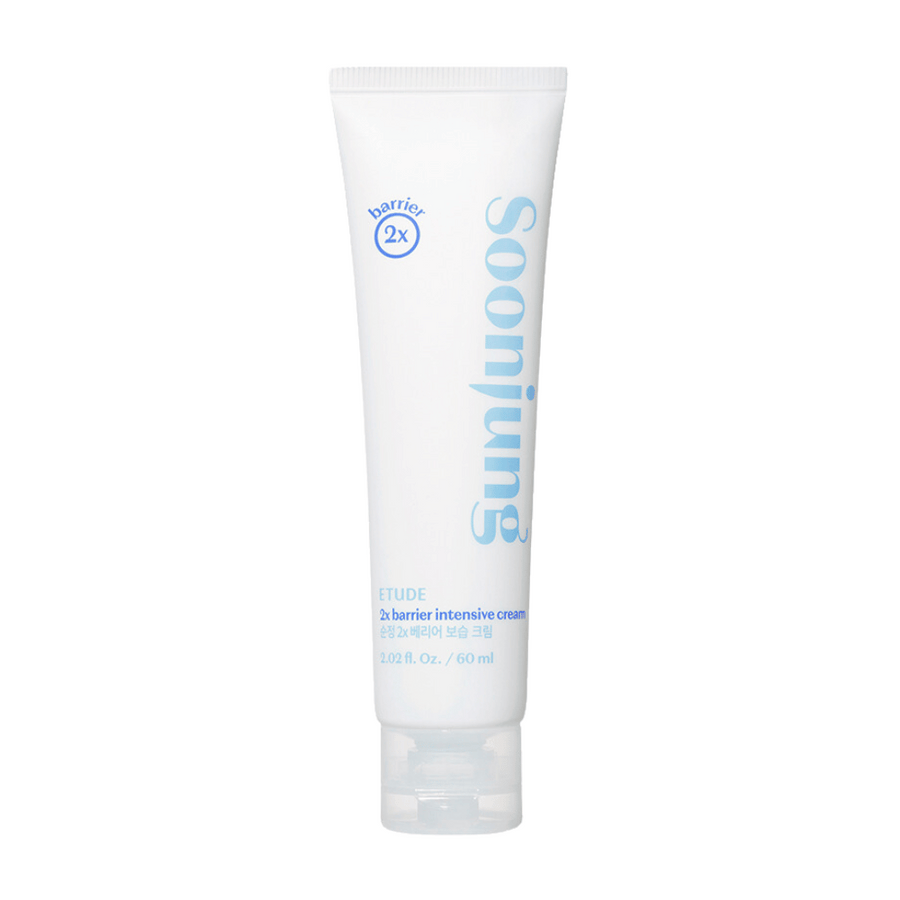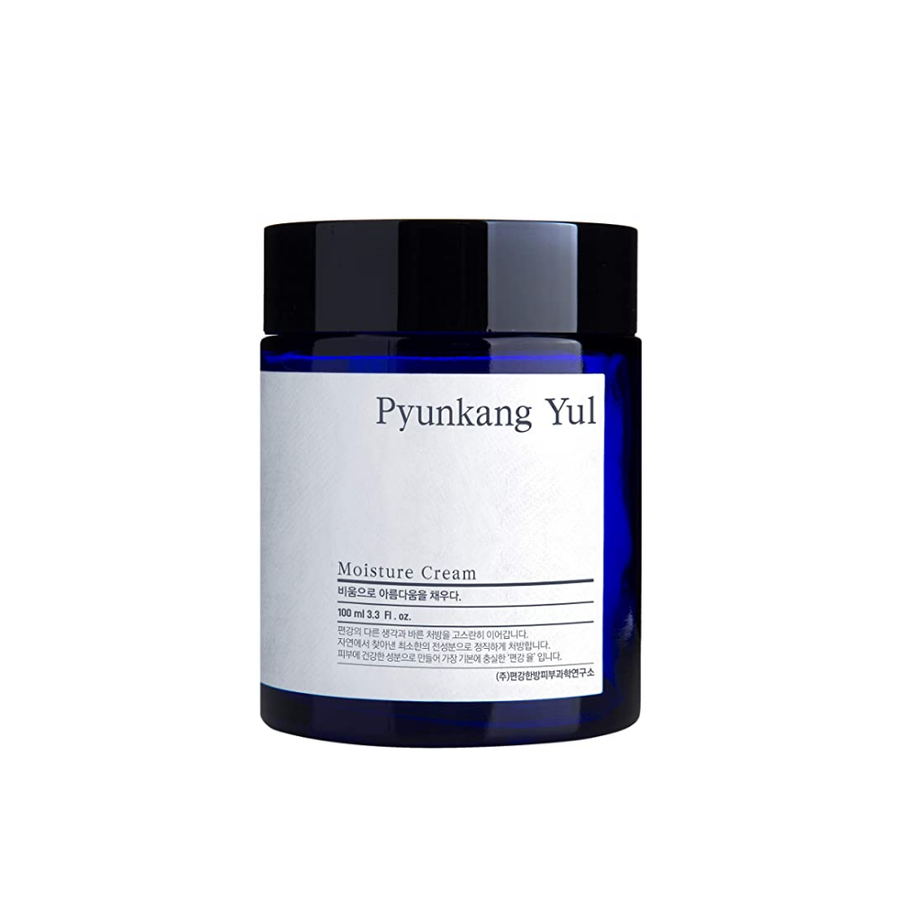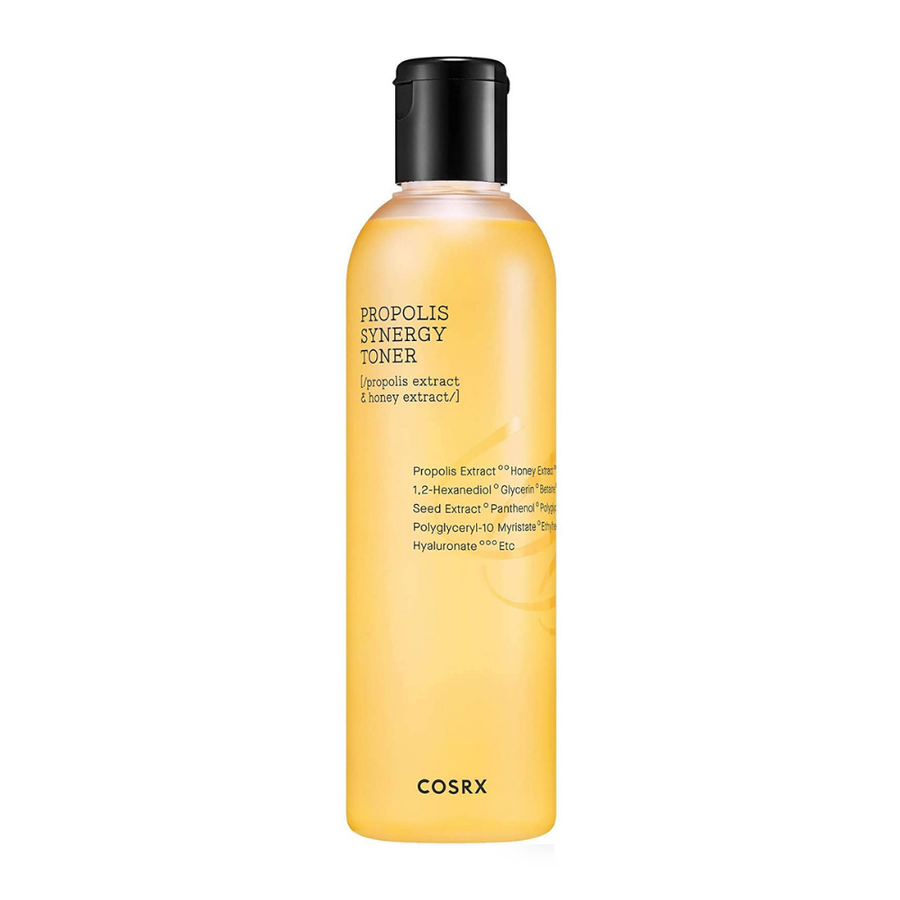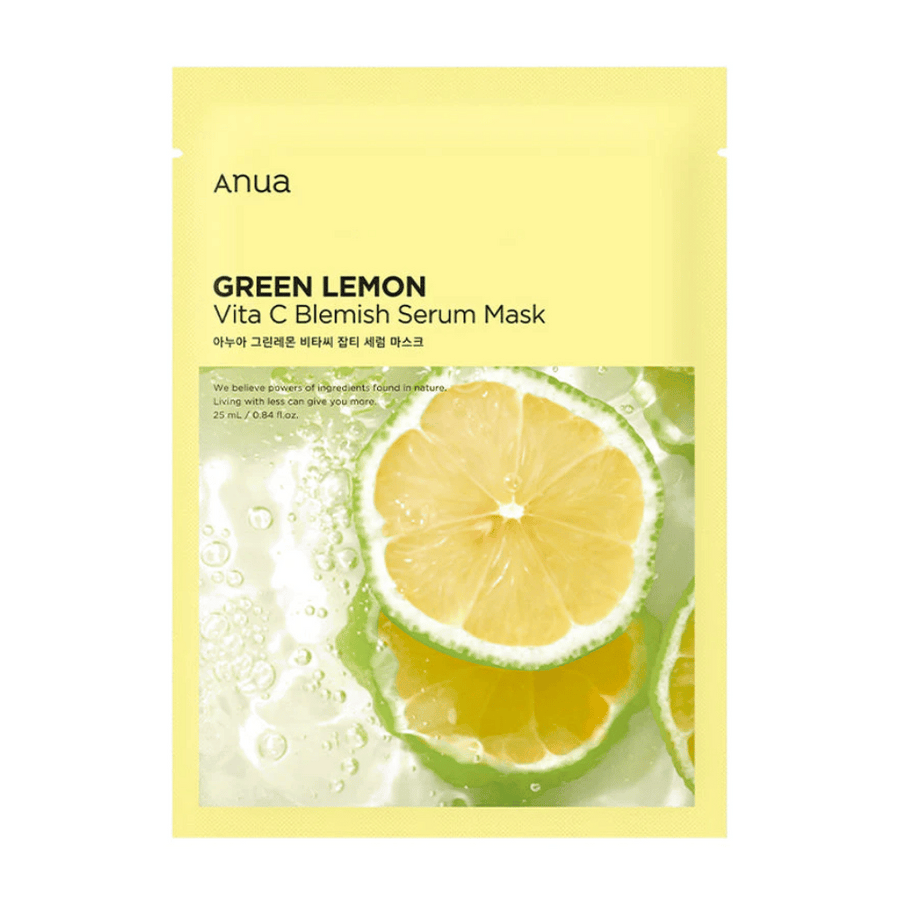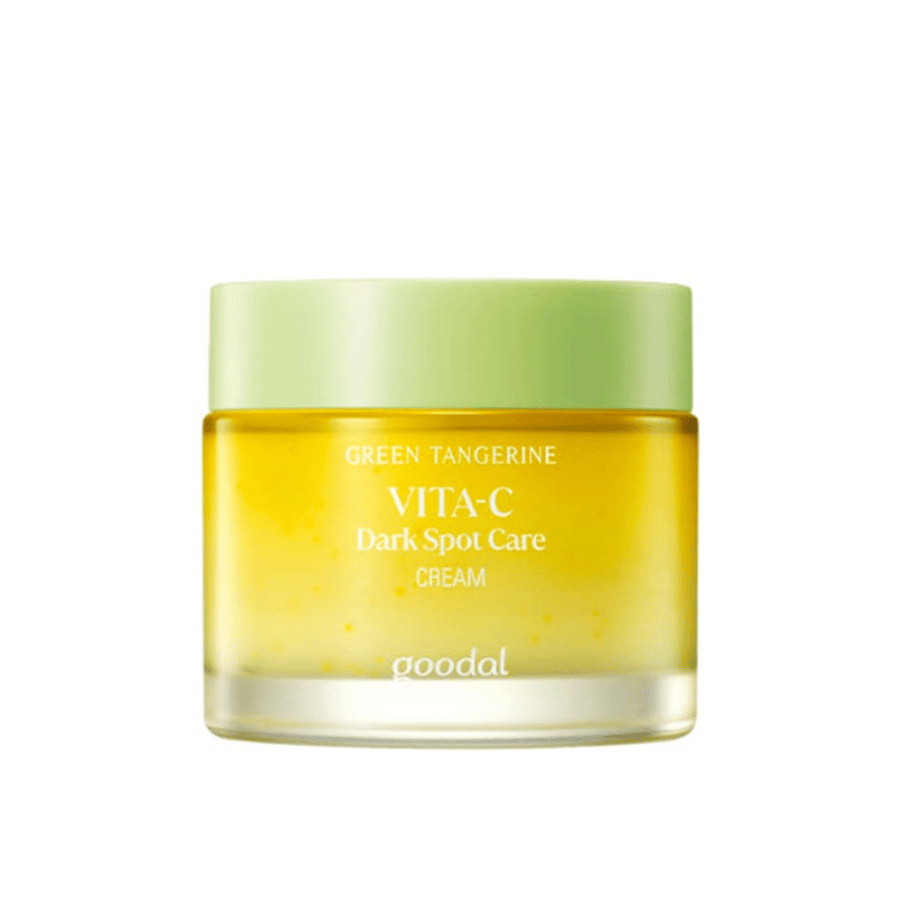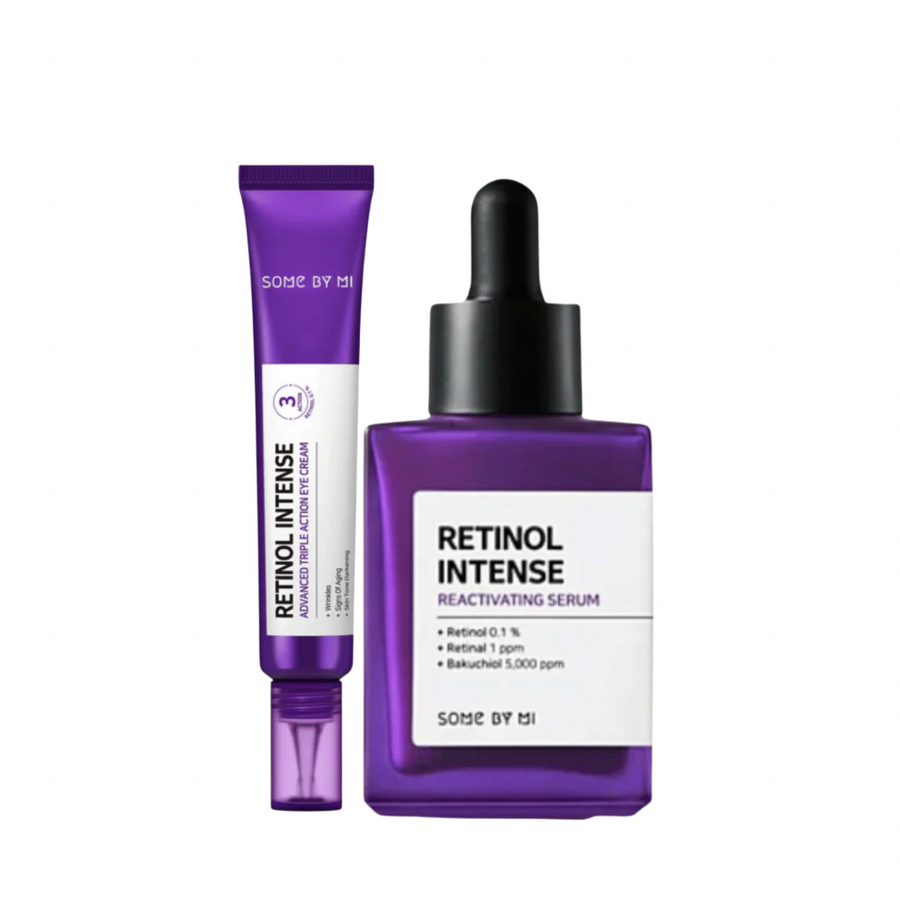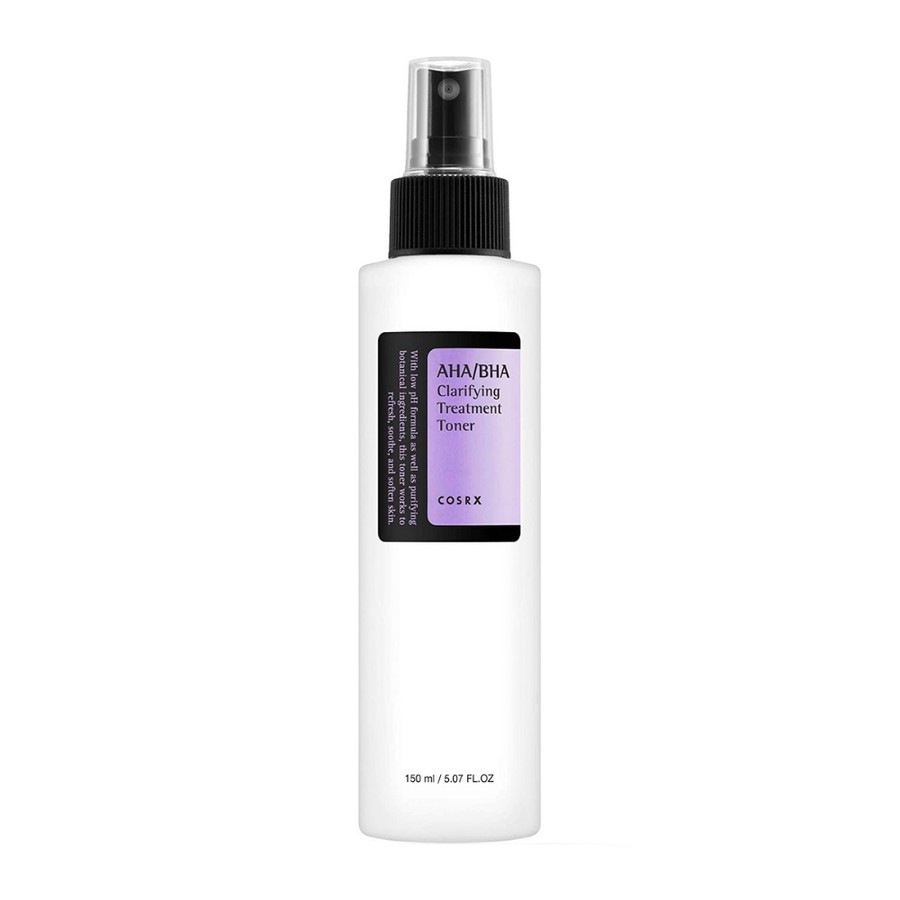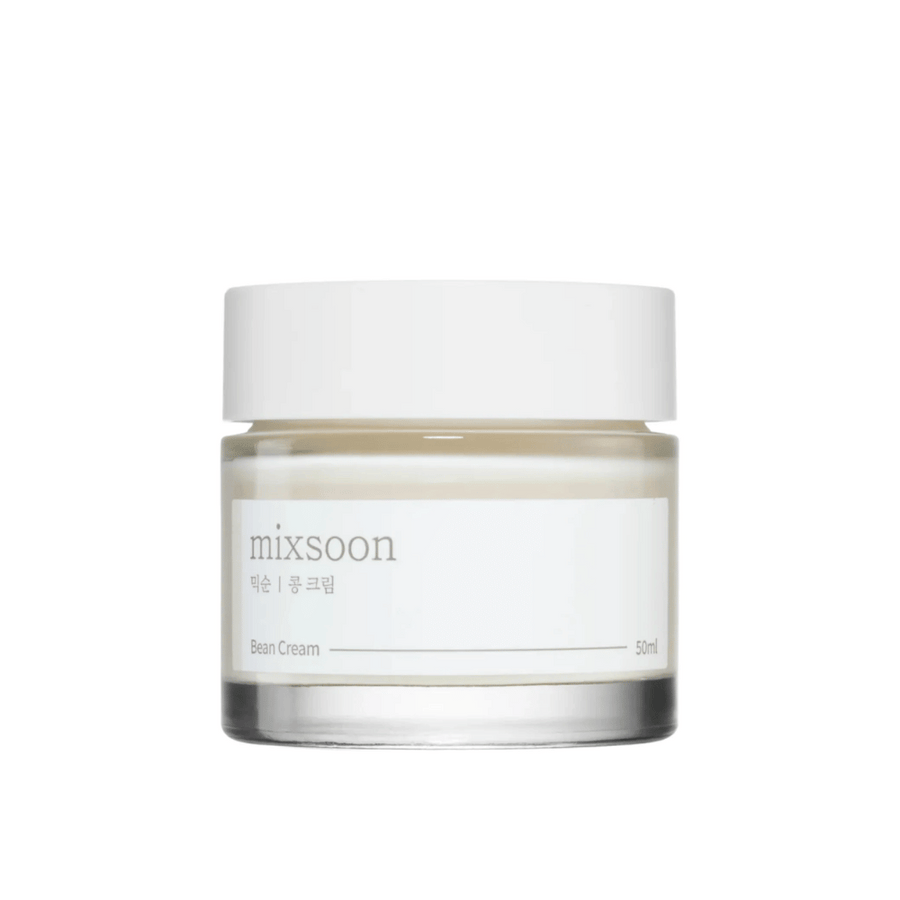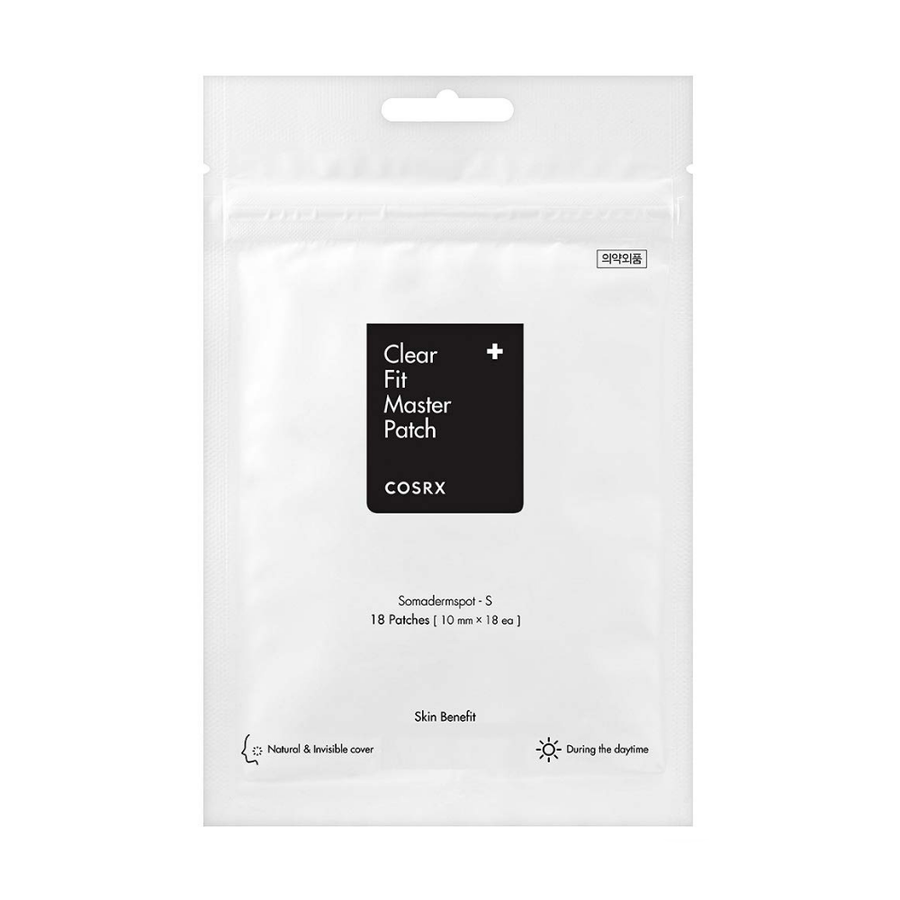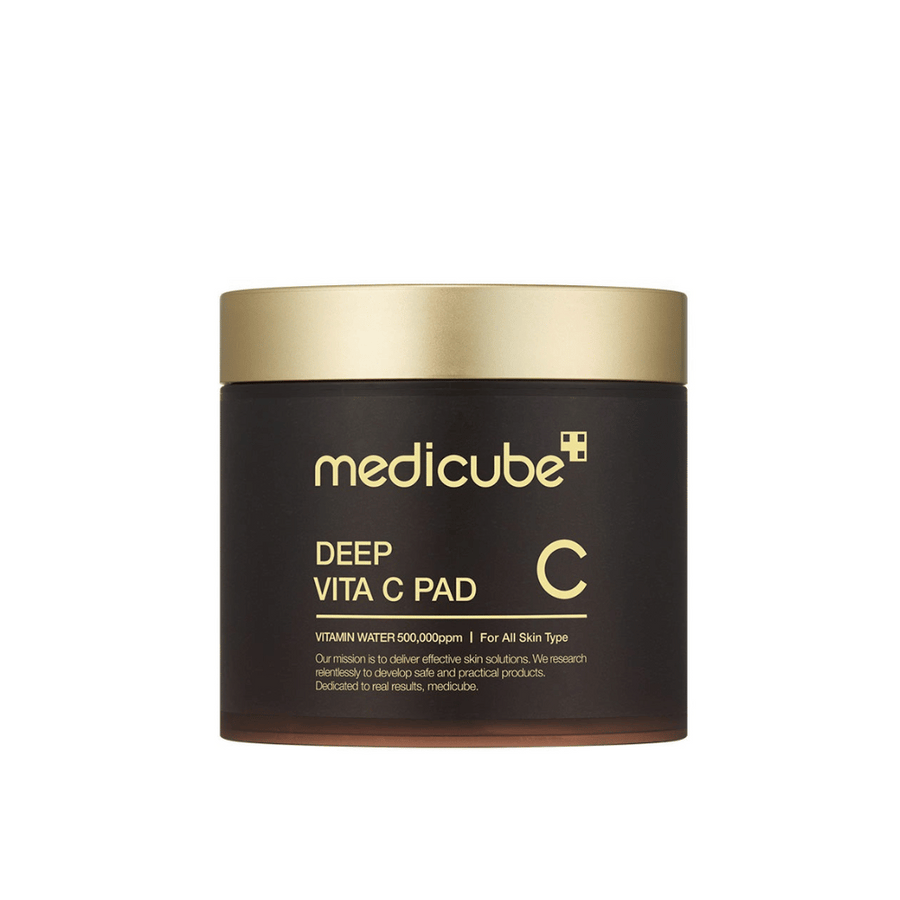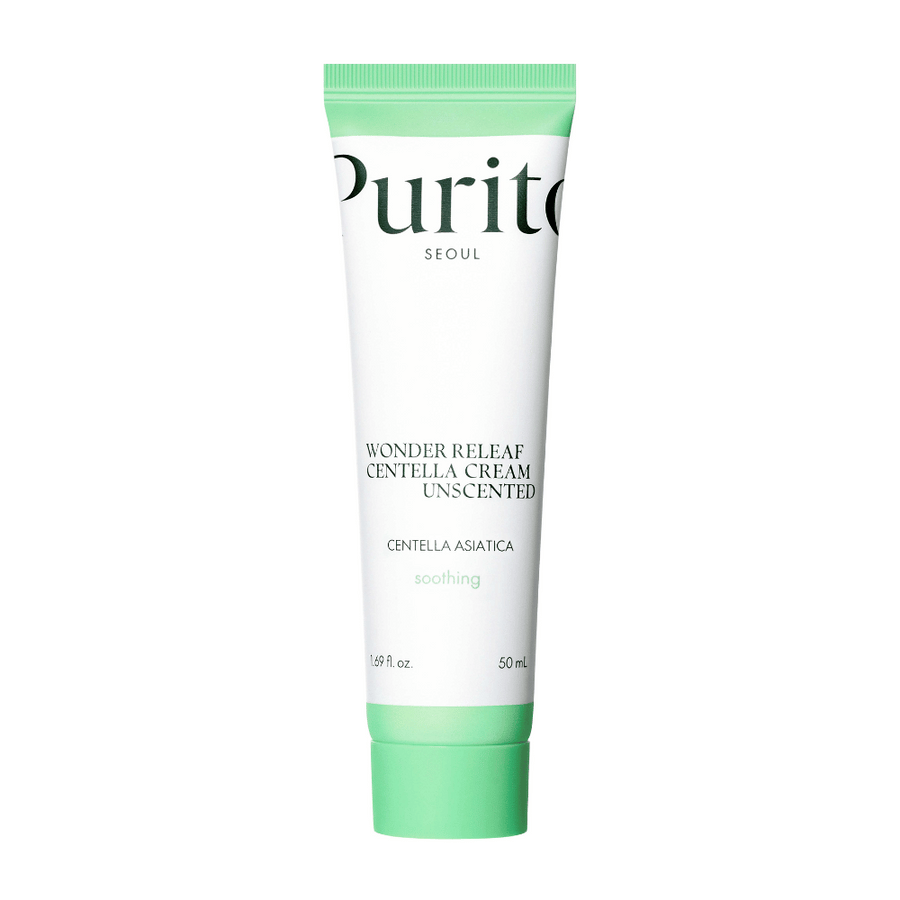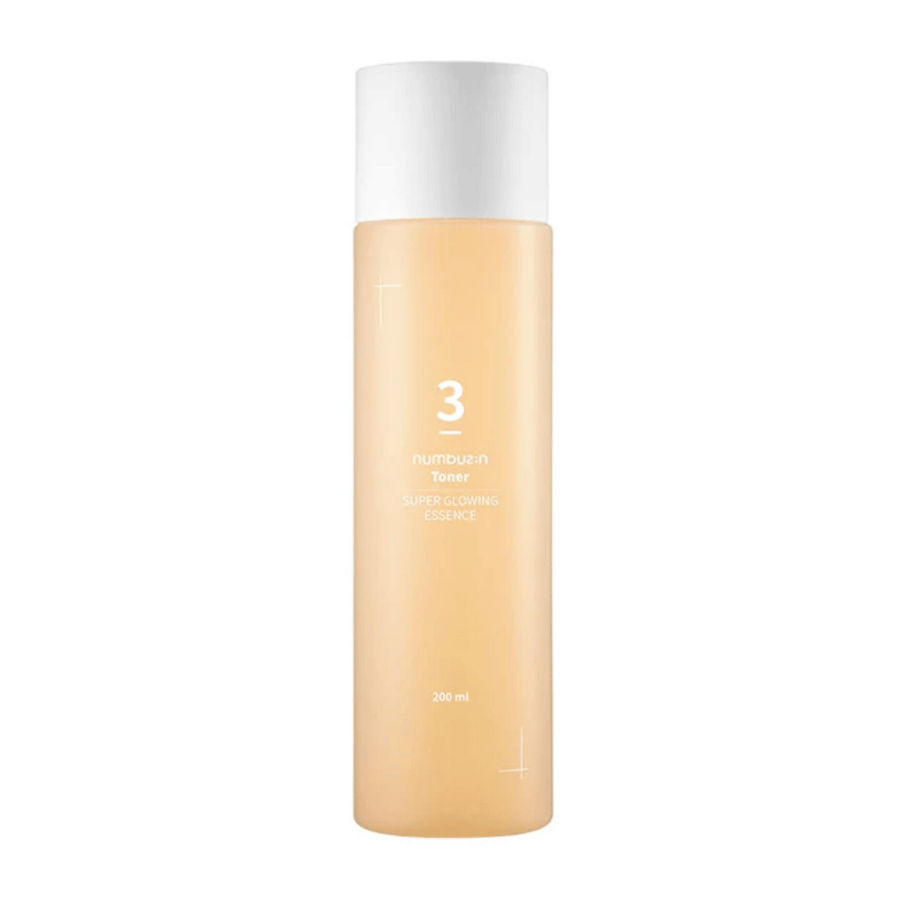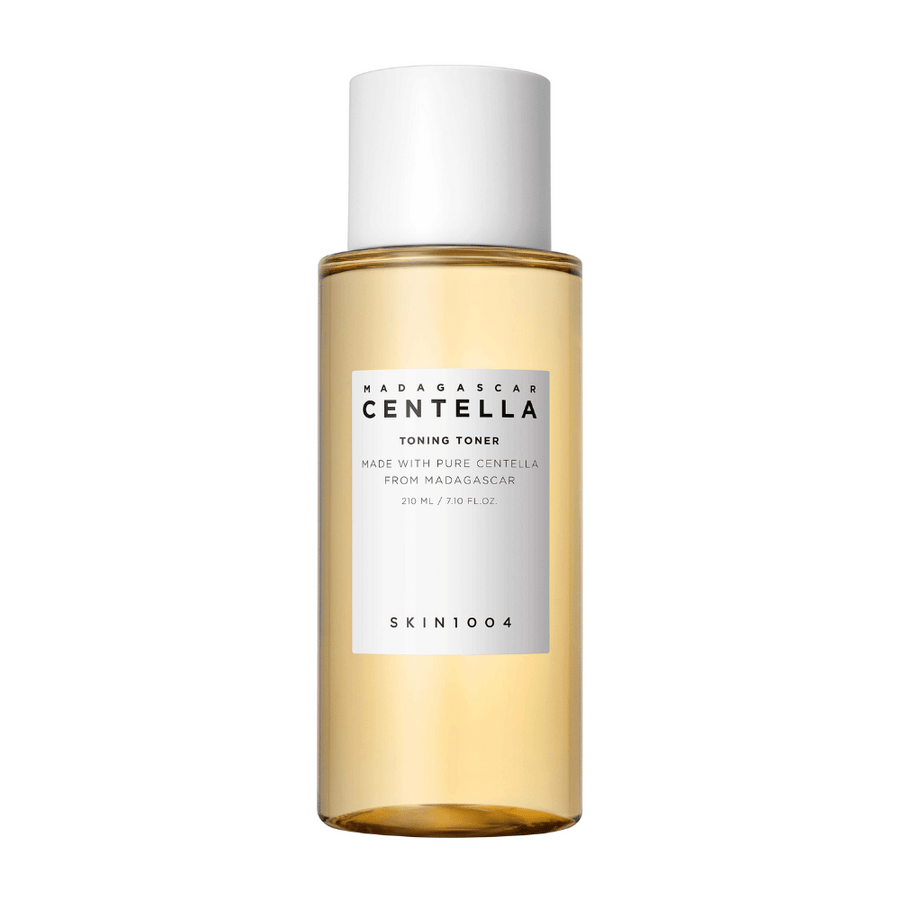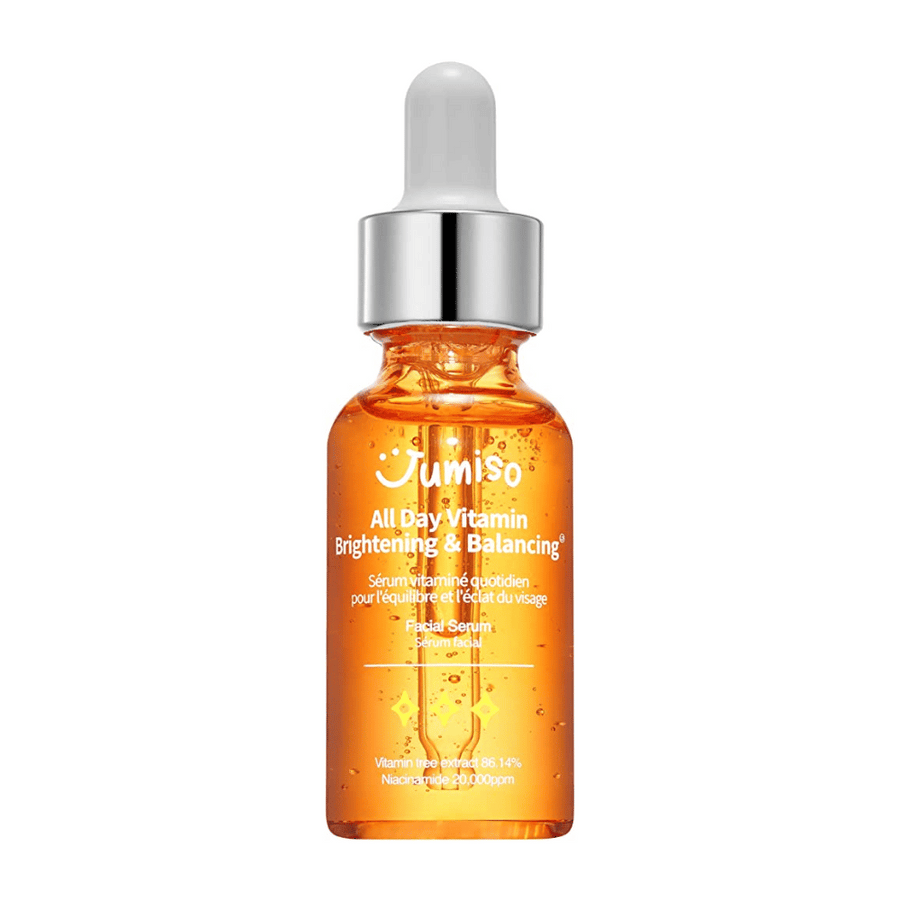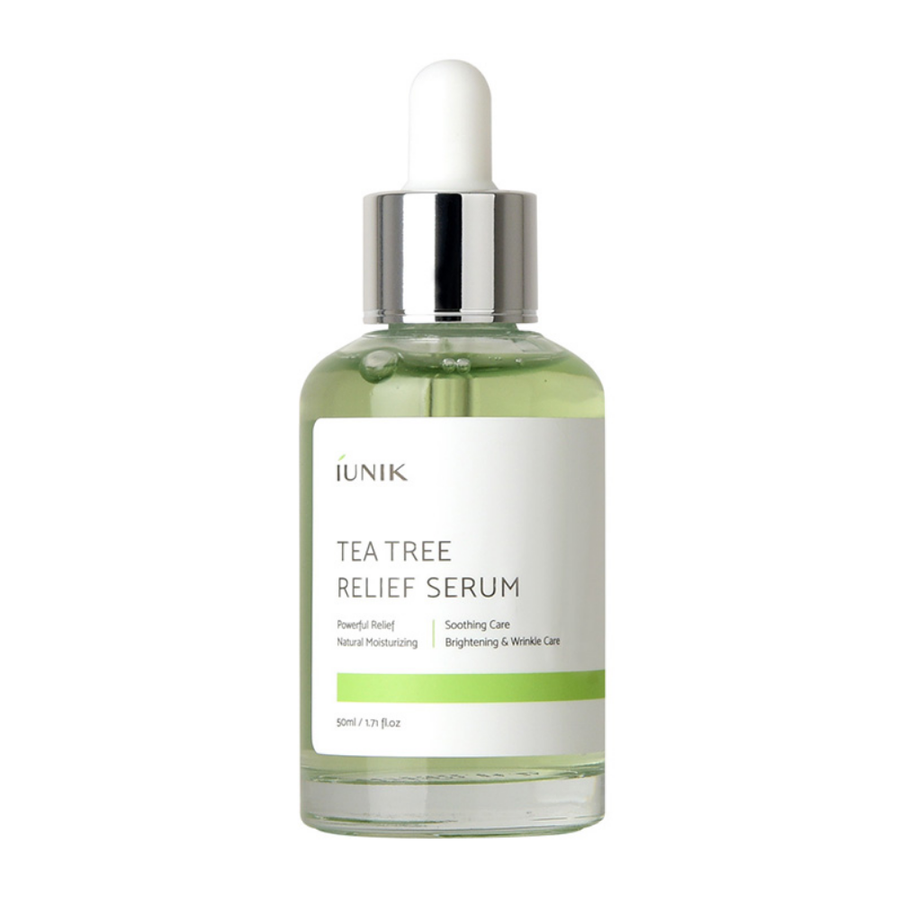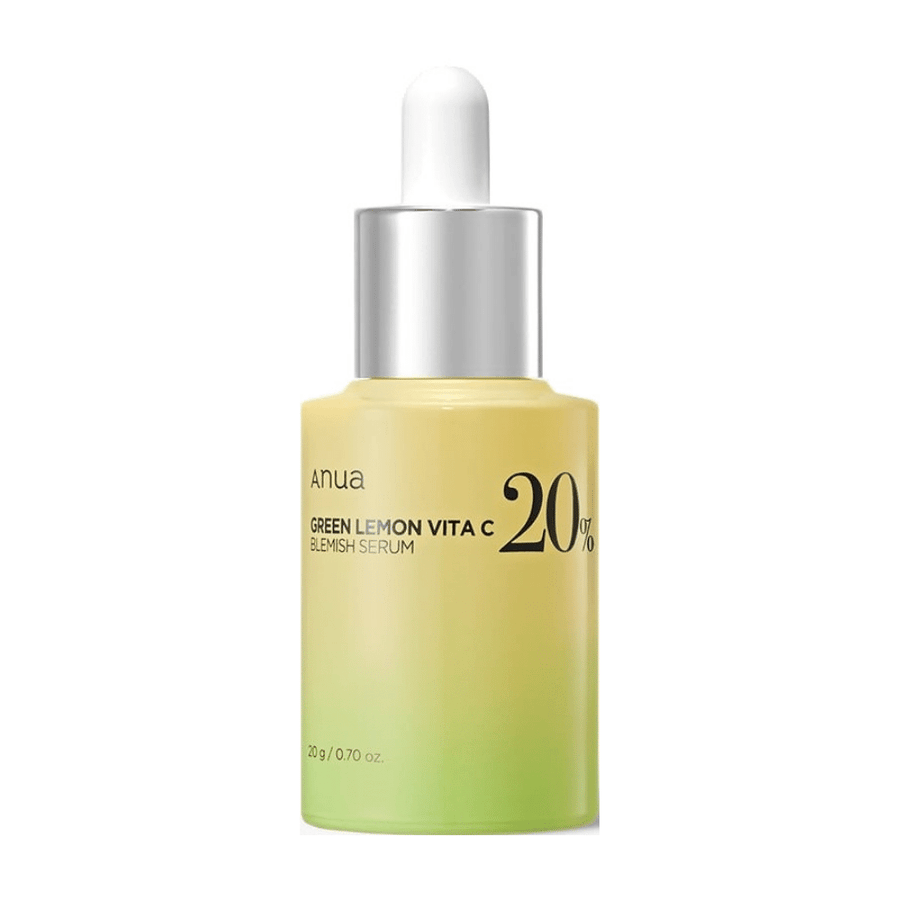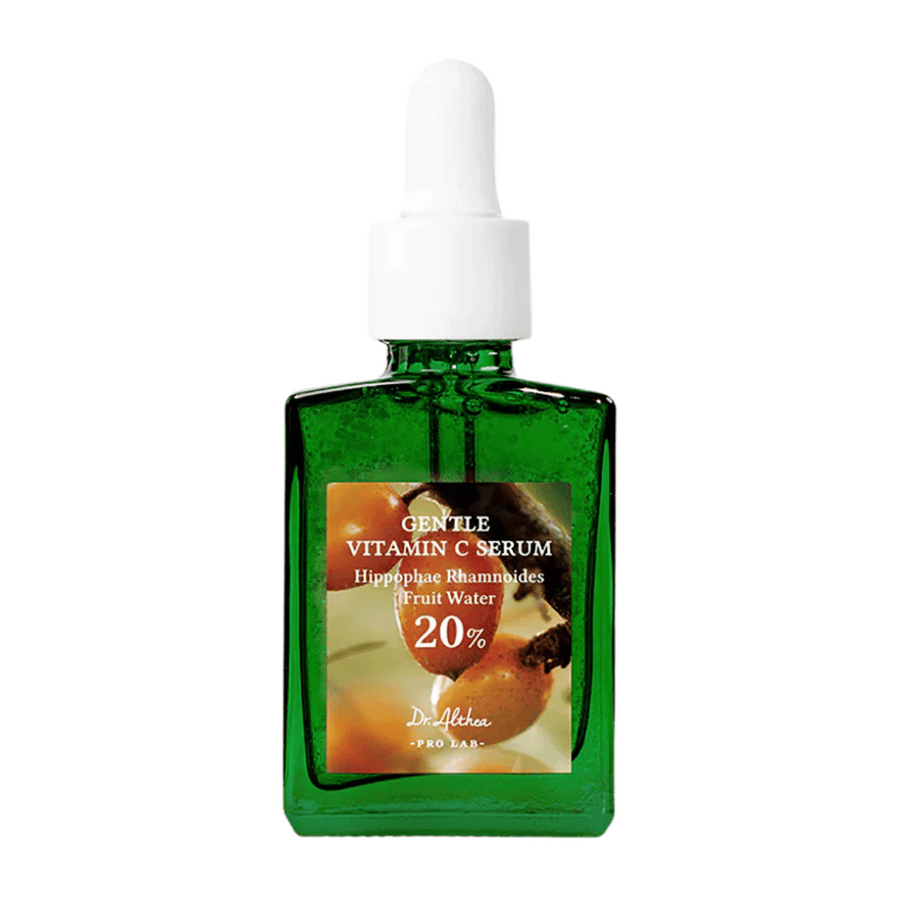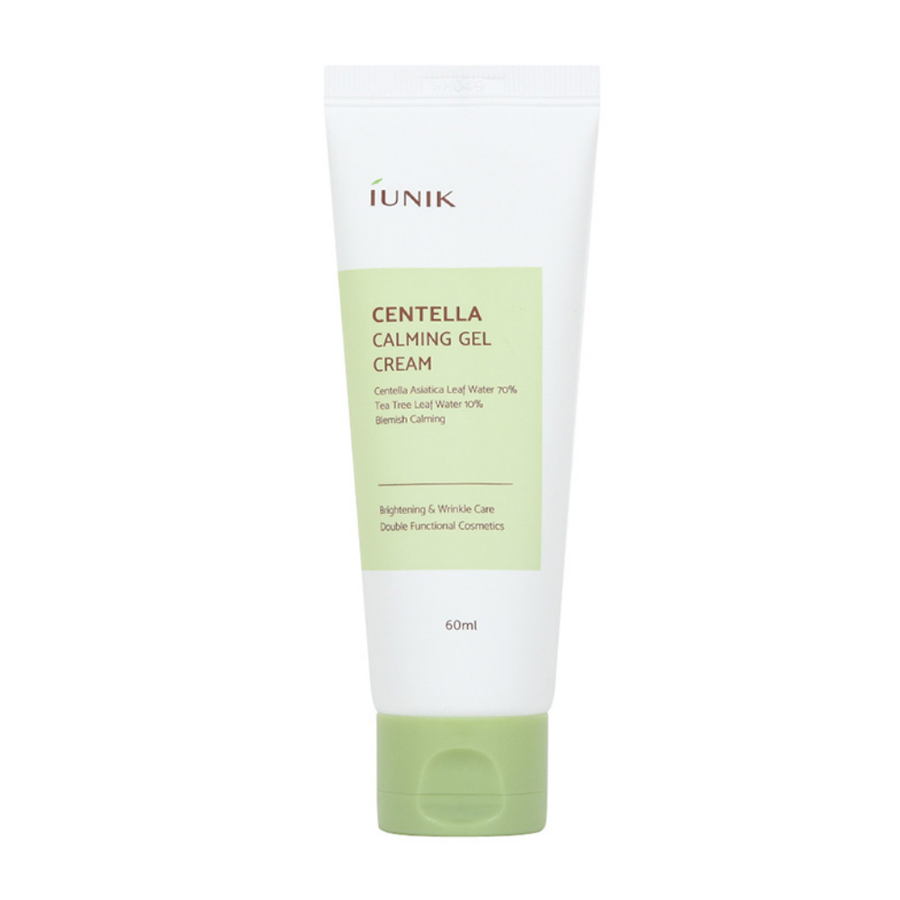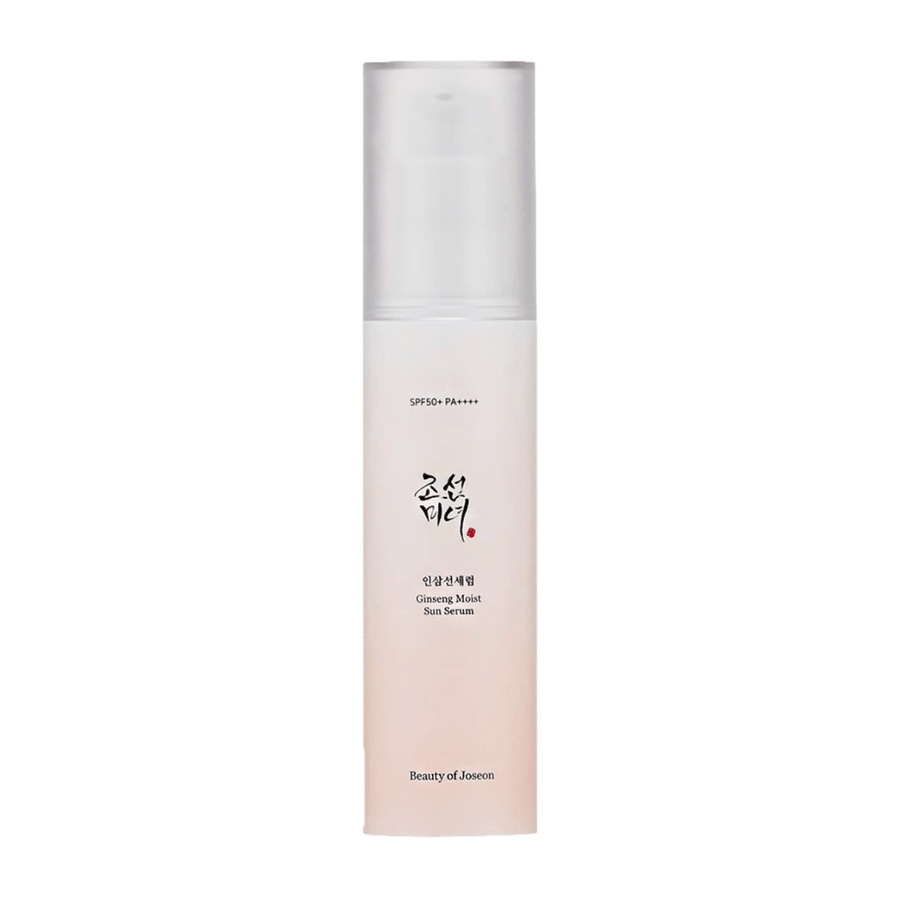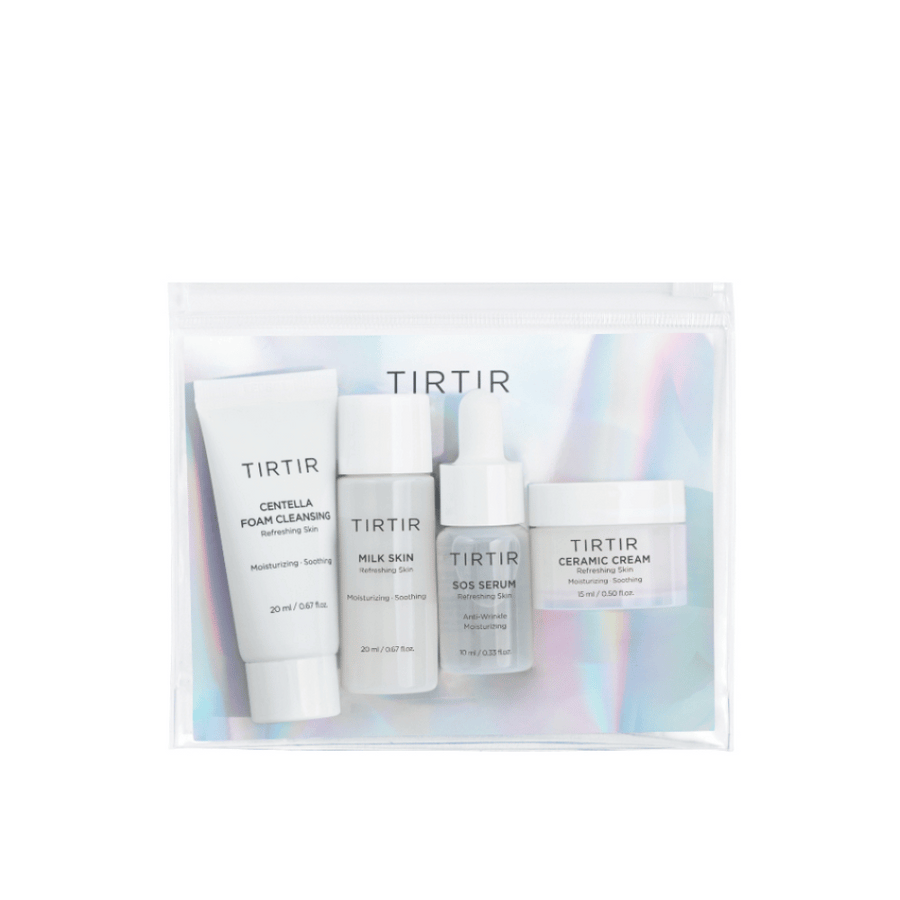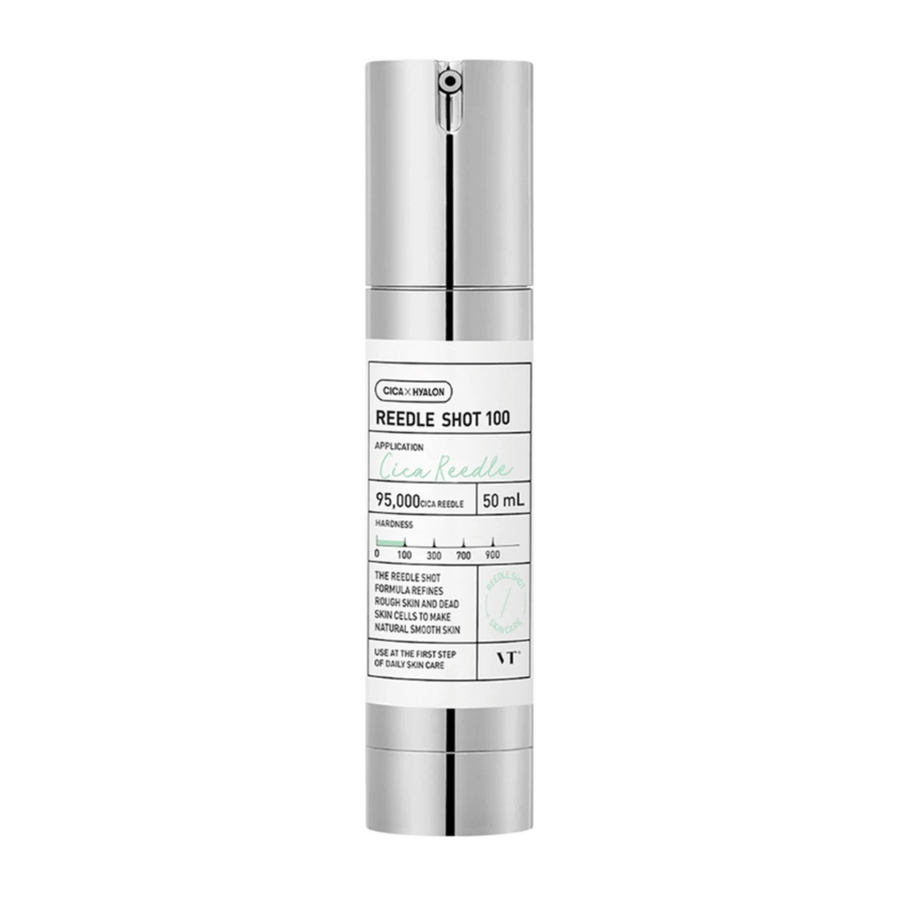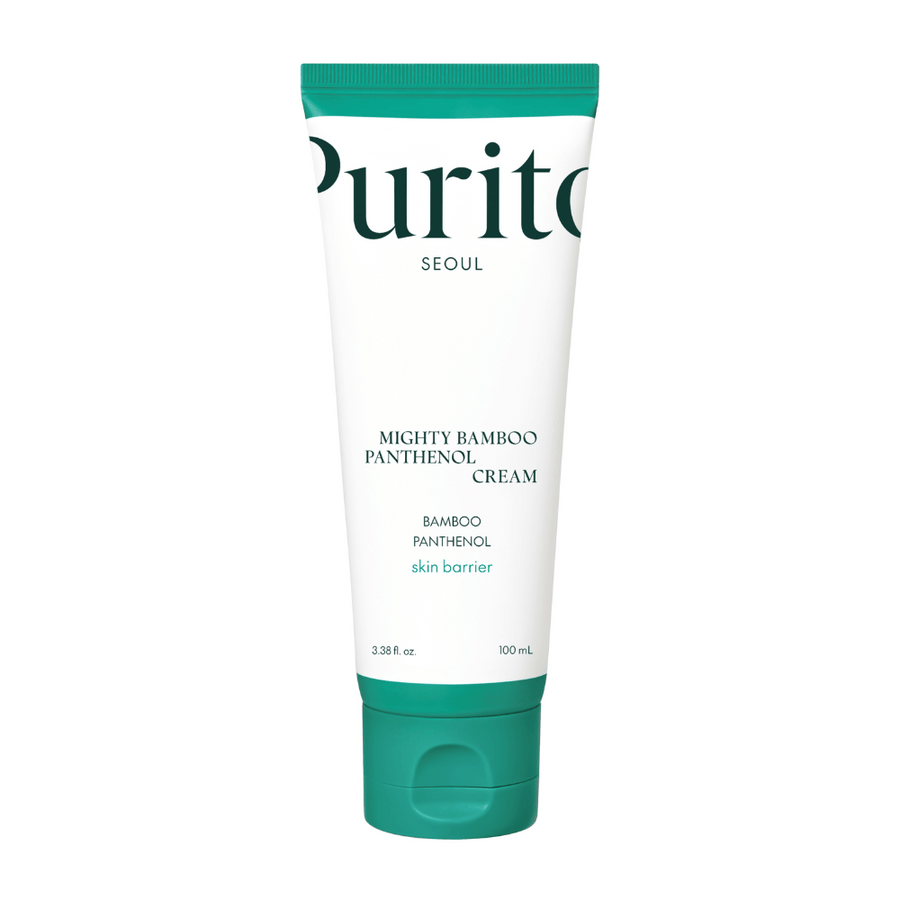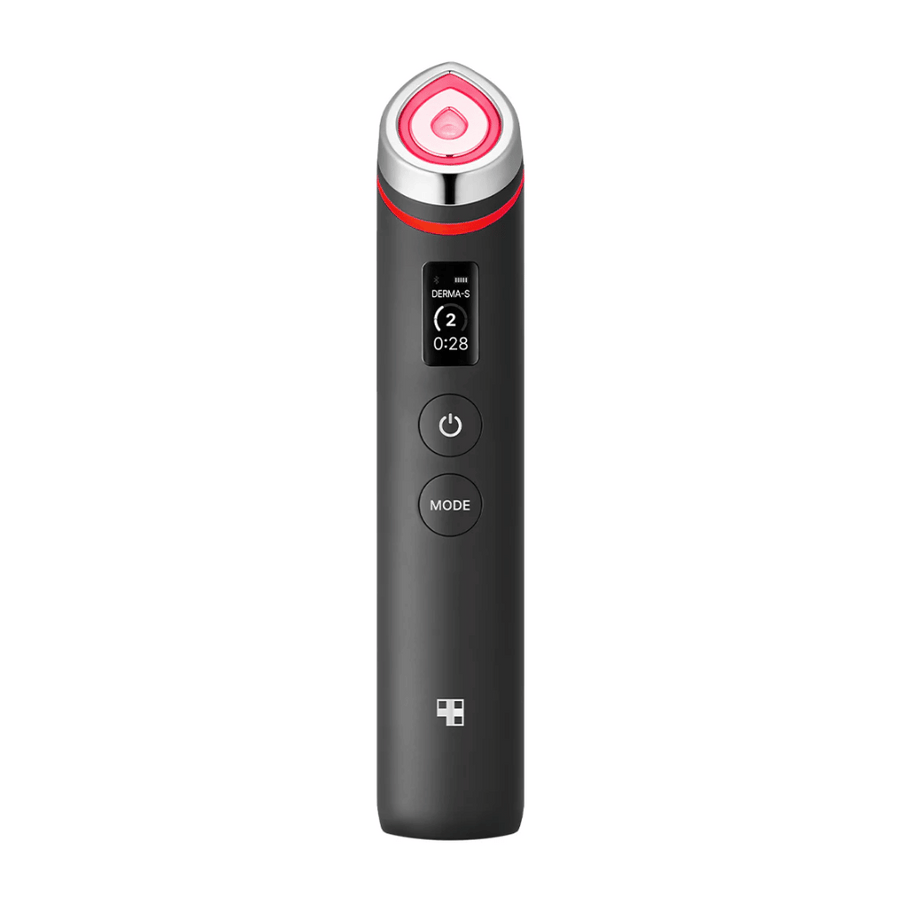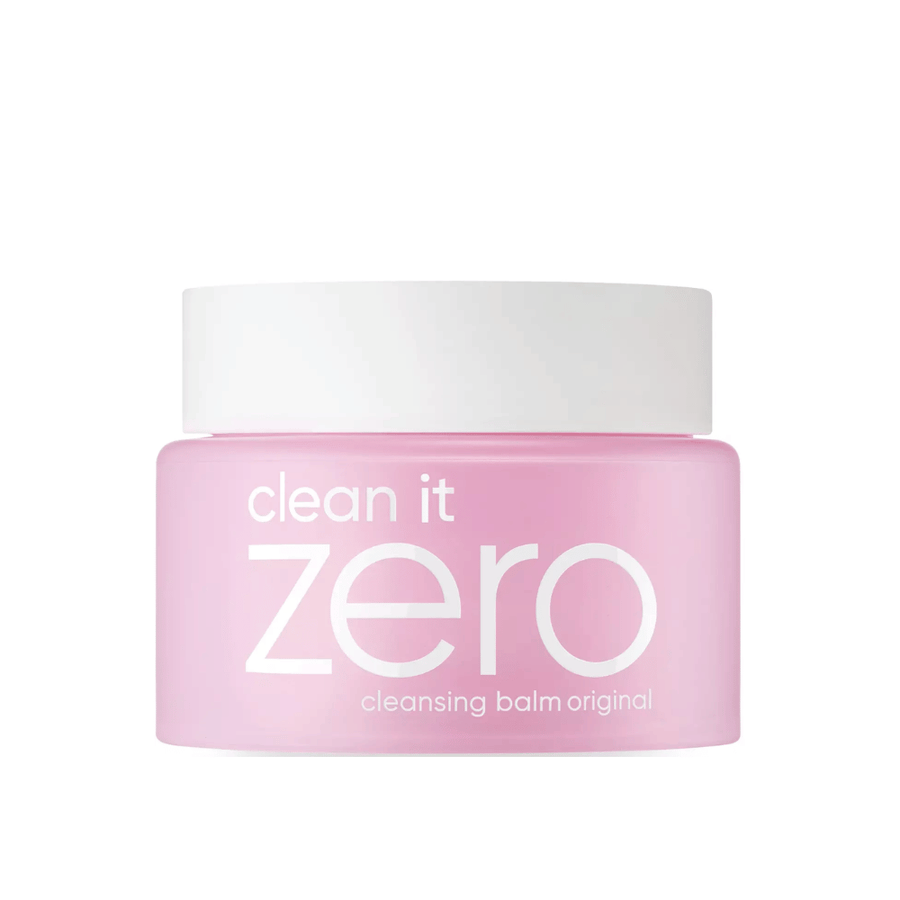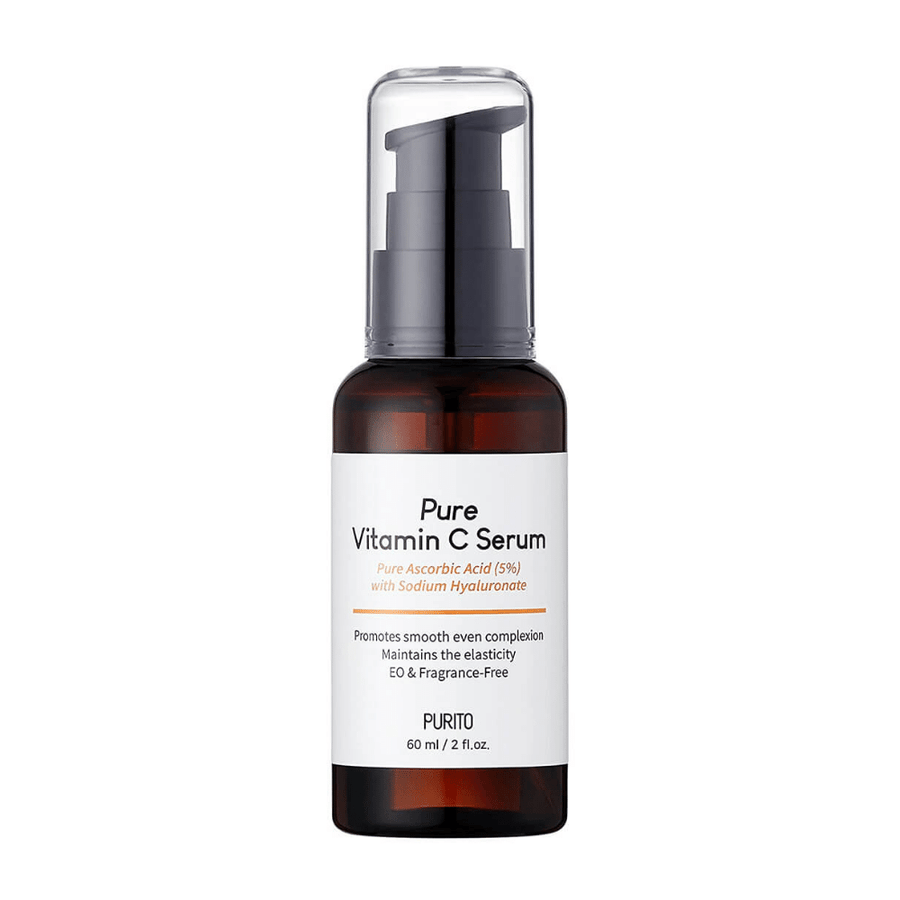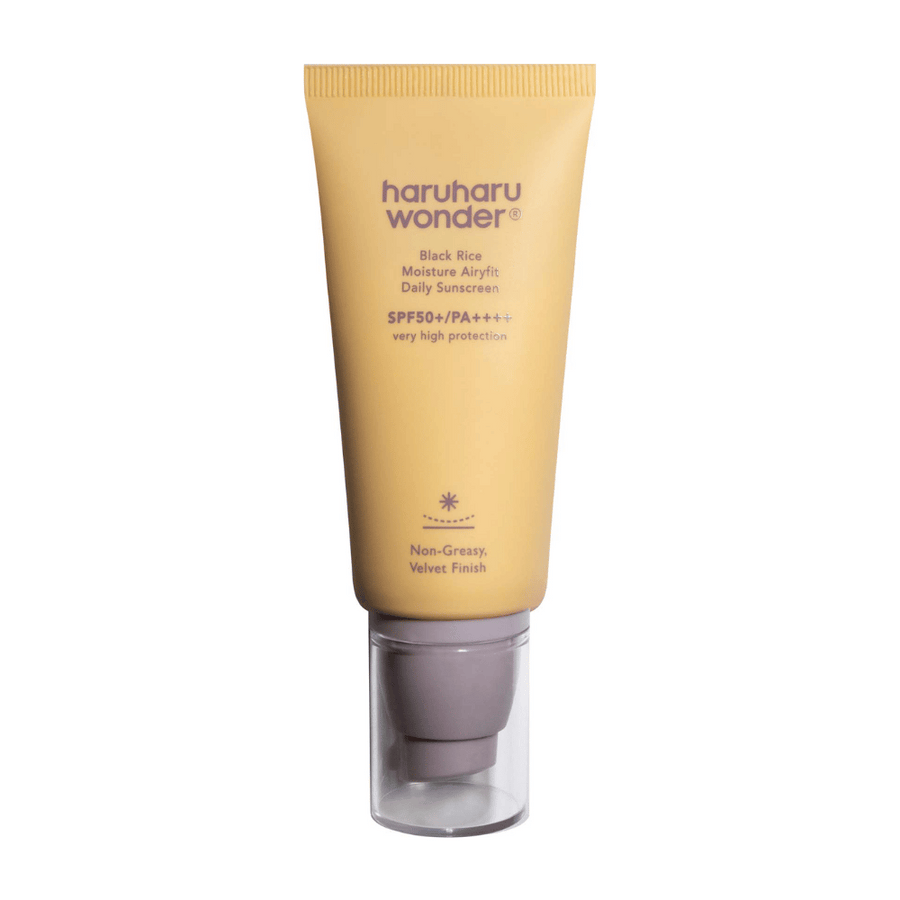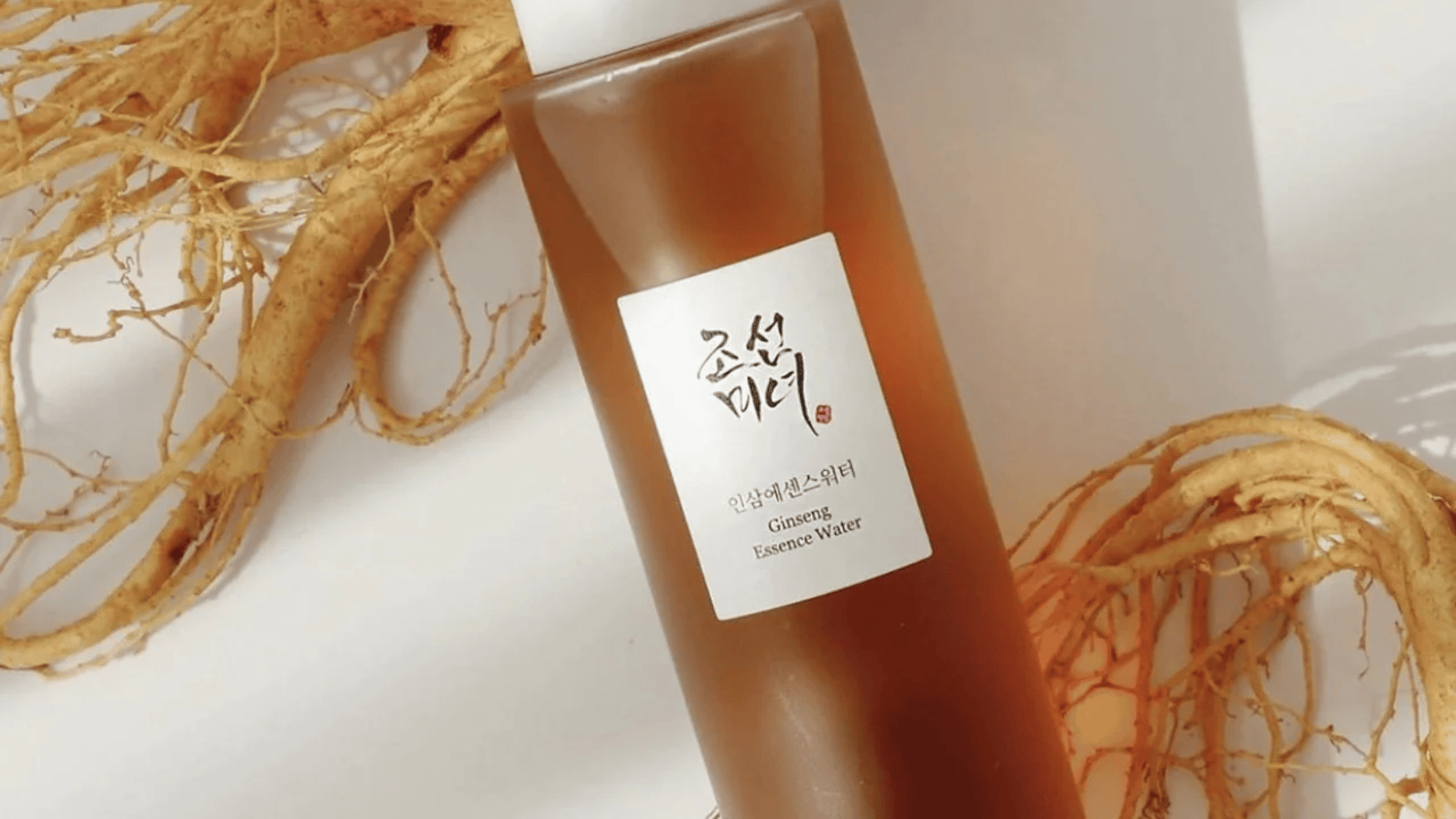
Managing oily skin can be a challenge, but with the right beauty products from South Korea, you can effectively balance and improve your skin health. Korean skincare, also known as K-beauty, is renowned for its thorough and ingredient-rich approach that particularly benefits oily skin by using natural ingredients that regulate oil production and reduce the visibility of pores.
What is oily skin?
Oily skin is characterized by increased sebum production, which gives the skin a shiny surface and can lead to issues such as acne and enlarged pores. This skin type requires products that balance and regulate oil production without drying out the skin. Choosing suitable products with ingredients that help control excess oil, such as salicylic acid or retinol, can be beneficial for keeping oily skin under control and reducing the risk of blemishes. It is also important to avoid heavy creams and oil-based products that can exacerbate shininess and blemishes in oily skin.
How to treat oily skin with Korean skincare?
Korean skincare offers several steps tailored to manage oily skin with the help of both traditional and innovative ingredients that are effective in balancing the skin's oil production and improving the skin's overall appearance.
Double cleansing
The first step with an oil-based cleanser can be a wonderful method to dissolve makeup and dirt that is oil-soluble, while a water-based cleanser can complement the process by removing any remaining dirt and impurities for a thorough cleansing that maintains the skin's moisture balance.
Exfoliation
Use gentle exfoliators such as BHA (beta-hydroxy acid) that can penetrate the pores and help reduce oil production and prevent acne. It is important not to overdo exfoliation to avoid irritating the skin.
Toner
A toner is an important step in the skincare routine as it can restore the skin's pH balance and optimally prepare the skin to receive the following products. With ingredients like green tea and witch hazel, the toner can also help regulate oil production, which is particularly beneficial for those with combination or oily skin types.
Essence and serums
Light essences and serums, containing hyaluronic acid and niacinamide, are perfect for effectively hydrating the skin while regulating oil production without adding unnecessary weight. These ingredients can help maintain the skin's moisture balance and provide a smoother and more balanced skin tone.
Moisturizers
Choose gel-based or water-based moisturizers that hydrate without being too heavy. These products are perfect for giving your skin a light feel while effectively moisturizing and preserving the skin's natural balance.
Sunscreen
To effectively protect your skin from harmful UV rays, it is important to use sunscreen daily. If you have oily skin, it is preferable to choose products labeled as 'non-comedogenic', as these help prevent the pores from clogging. to.
How can you control sebum production to reduce problems with oily skin?
To control sebum production and reduce skin issues, you can follow some important steps. Regular cleansing with products tailored for oily skin is fundamental. Using water-based or "oil-free" products helps avoid adding more oils to the skin. A balanced diet and adequate water intake are also important to regulate the body's natural oil production.
What ingredients should you look for in skincare products for oily skin?
When choosing skincare products for oily skin, it is important to look for ingredients that regulate oil production and effectively cleanse the pores. Salicylic acid is excellent for exfoliating the skin and unclogging pores. Niacinamide helps reduce redness and improve skin texture. Zinc also has properties that reduce inflammation and sebum production.
What daily routines are recommended for managing oily skin?
To effectively manage oily skin, a daily skincare routine should include several steps. In the morning and evening, you should thoroughly cleanse the skin with an appropriate cleanser. After cleansing, it is good to use a toner that balances the skin's pH followed by a light moisturizer. It is also important to regularly exfoliate the skin to prevent clogged pores and to use sunscreen daily to protect the skin from harmful UV rays.
Can oily skin change with age?
Yes, oily skin can change with age. During the teenage years and early adulthood, it is common to experience oily skin due to hormonal changes that increase sebum production. Over time, especially after the age of 30, sebum production tends to decrease, which can lead to less oily and more balanced skin. However, this varies from person to person, and some may continue to have oily skin well into old age.
What common mistakes do people with oily skin make?
Many with oily skin make the mistake of over-cleansing or using harsh products in hopes of reducing sebum production. This can actually worsen the problem by drying out the skin, leading to increased sebum production as a compensatory mechanism. Another common mistake is completely avoiding moisturizer, which can cause the skin to become dehydrated and produce even more sebum. Finally, using heavy makeup products that clog the pores can exacerbate acne and oily skin.
What myths exist about oily skin?
There are several myths about oily skin that can lead to misunderstandings and improper treatment. A common myth is that oily skin does not need moisturizer, which is not true as the skin still needs hydration. Another myth is that tanning can improve oily skin, but in reality, it can damage the skin and increase sebum production. It is also a myth that all oils are bad for oily skin; some light oils, like jojoba oil, can actually balance sebum production.
By following these steps and choosing the right products, individuals with oily skin can achieve a balanced and clear complexion with minimized shine and reduced acne.





